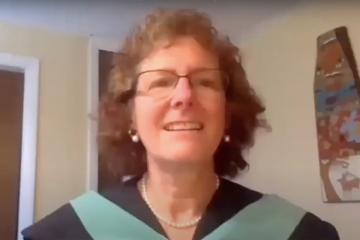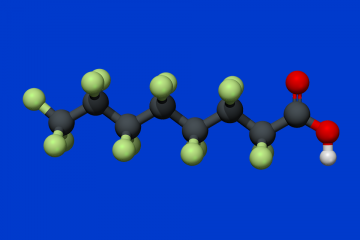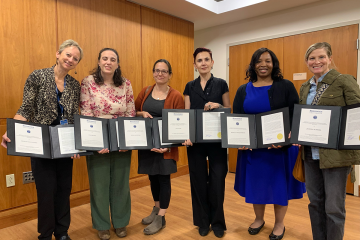Department of Biology
The Department of Biology offers exceptional education in biological disciplines, rooted in theoretical knowledge, and enriched by interactive, hands-on learning.
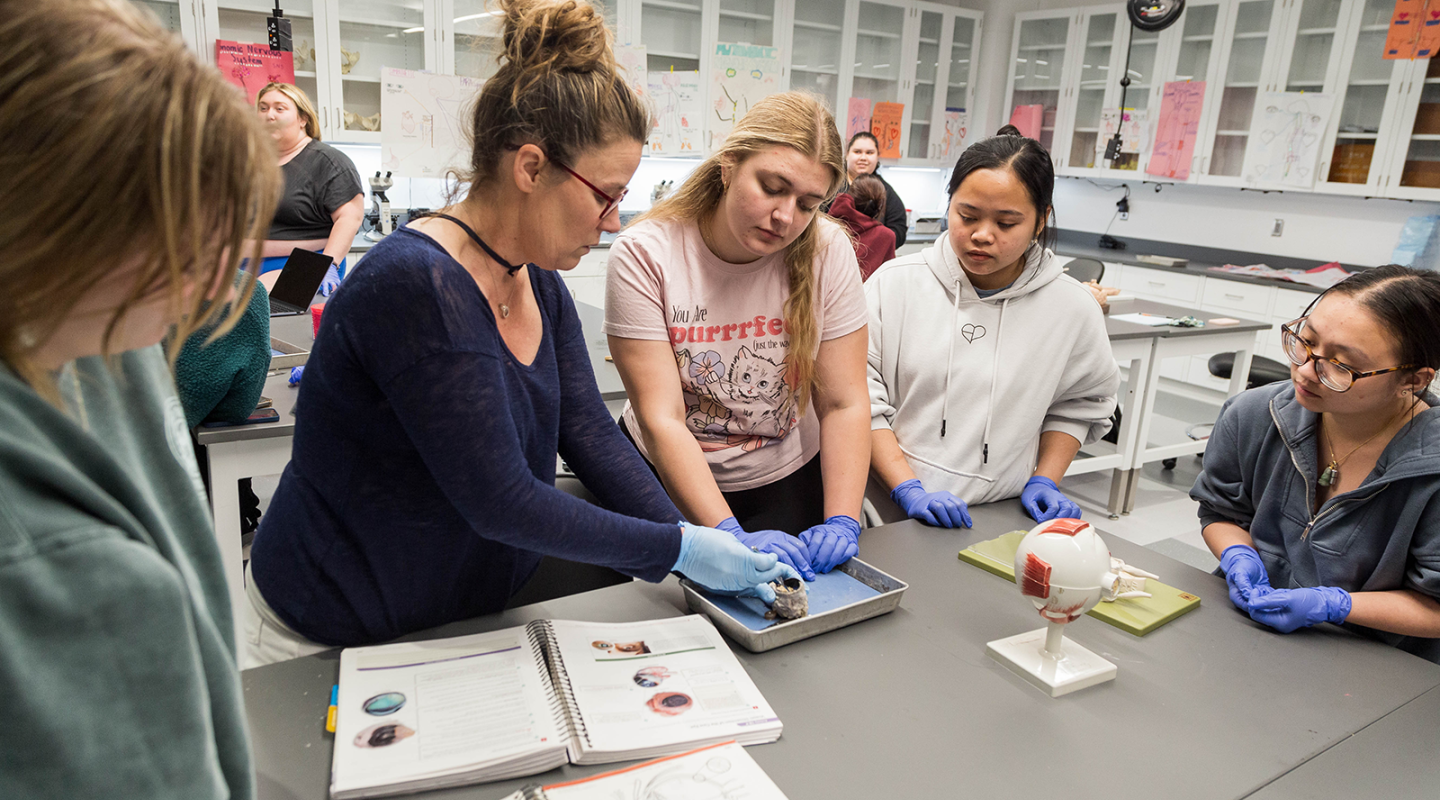
Studying Biology at Simmons University
Our curriculum prepares students for graduate study and careers in many fields, including basic science, engineering, biotechnology, and medicine. We believe interdisciplinary training is the best preparation for future scientists, and strive to cultivate critical thinking, teamwork, innovation, and leadership in every student.
As a small teaching university, we provide a high level of student/faculty interaction, in the classroom and the laboratory. Students participate directly in faculty research, often authoring papers and conference presentations. Simmons’ location in Boston’s Longwood Medical Area creates unparalleled opportunities for research and internships at world-class institutions. Students in all our degree programs benefit from collaboration with Simmons health sciences, such as nursing, physical therapy, and behavior analysis.
We are proud of our reputation for training well-rounded scientists, with the knowledge and experience to succeed and lead in their chosen careers. In all our programs, the Department of Biology embraces the Simmons values of leadership, social justice, women-centered education, and science and practice for the social good.
Highlights of Biology at Simmons
- Faculty members are known for outstanding teaching and cutting-edge scholarship.
- Hands-on learning is integrated into all majors, beginning freshman year and culminating in the senior capstone project.
- Our Biochemistry and Neuroscience & Behavior majors are offered jointly with the departments of Chemistry & Physics and Psychology, respectively.
- We have active chapters of several student organizations, including Sigma Xi (National Science Honor Society) and Tri-Beta (National Biological Honor Society).
One of our greatest assets is the students themselves. They are incredibly motivated learners and innovative thinkers.
- Jane Lopilato, Associate Professor of Biology and Department Chair
Outstanding education and training in biological disciplines
- Simmons is making major investments in our campus to provide students with optimized spaces for interdisciplinary teaching, research, and collaborative learning in the sciences.
- Health and Exercise Science is the department’s most popular major and is among the largest at the University, offering excellent preparation for rewarding health and fitness careers.
- Our location provides students with research and internship opportunities at world-class institutions such as the Broad Institute (Harvard/MIT), Harvard Medical School, Beth Israel Deaconess Hospital, Dana Farber Cancer Institute, and Spaulding Rehabilitation Hospital.
- Student research at Simmons reflects a high level of innovative, independent work, and intellectual rigor unusual for undergraduate programs. Seniors have the opportunity to present their capstone projects at the Eastern New England Biological Conference, the Simmons Biology Symposium, and/or the Biology Poster Session.
- Simmons encourages dynamic major/minor combinations, such as neuroscience and music, biology and economics, and biology and computer science.
Careers
Graduates of our department work in biochemistry, genetic counseling, microbiology, environmental science, pharmaceuticals, and many other fields. Others are pursuing doctoral degrees at prestigious schools such as T.H. Chan School of Public Health at Harvard University, Cornell University, and Boston University School of Medicine. The Boston-metro area has the highest employment of biological scientists of any area in the nation.
Biology Faculty and Staff
Our full-time faculty members are recognized for outstanding teaching and innovative research. Current faculty research includes: anthropogenic impacts on our ecosystems; global regulators of gene expression and antibiotic resistance; formation and function of neuronal connections; effects of natural products and environmental contaminants on cell behavior; applied microbiology, hygiene science, and public health; and the developmental evolution of amphibian neural patterning and formation of appendages.
Chair
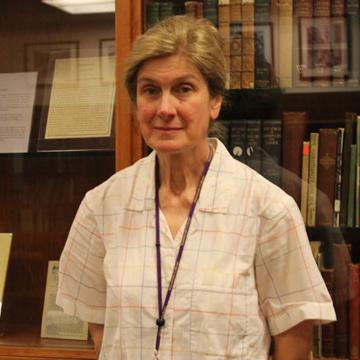
Jane Lopilato
Associate Professor and Chair of the Department of Biology
Full-time Faculty
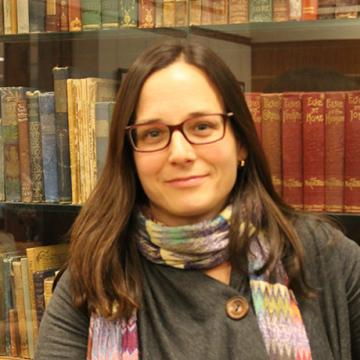
Anna Aguilera
Professor and Director of the Honors Program

Tim Hanway
Assistant Professor of Practice and Internship Coordinator for the Health & Exercise Science Program

Seth Johnson
Assistant Professor

Eric Luth
Associate Professor & Neuroscience Program Co-Coordinator

Charlotte Russell
Teaching Professor and Assistant Dean, SSHP
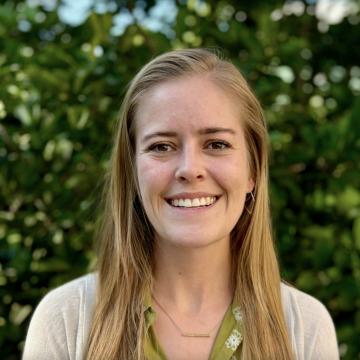
Elisabeth Simonin
Assistant Teaching Professor

Michael Welch
Assistant Teaching Professor and Director of the Health & Exercise Science Program

Ling Xin
Assistant Professor
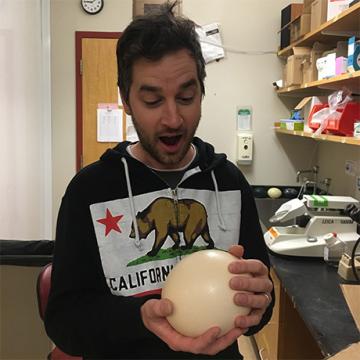
John Young
Associate Professor, and Elizabeth Backofen Endowed Professor
Staff
Maggie Clancy
Animal Care Laboratory Technician
Jyl Collins
Senior Lab Manager
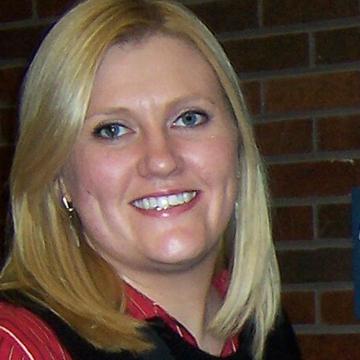
Tracy Machcinski
Lab Manager
The Department of Biology in the News
Contact Us
Department of Biology
The Department of Biology offers exceptional education in biological disciplines, rooted in theoretical knowledge, and enriched by interactive, hands-on learning.
Visit Simmons
What type of student are you?
Apply to Simmons
What type of student are you?
Request Info
What type of student are you?


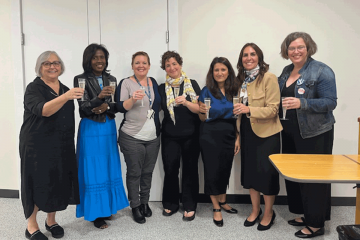
![The logo for the grant proposal "RCN-UBE: Transforming Learning and Equity in UBE [Undergraduate Biology Education] by Cultivating an Ecosystem of Feedback (TUnE-BIO)"](/sites/default/files/styles/360x240/public/2024-09/tune-bio-logo.png?h=10d202d3&itok=1bCOIe1P)


